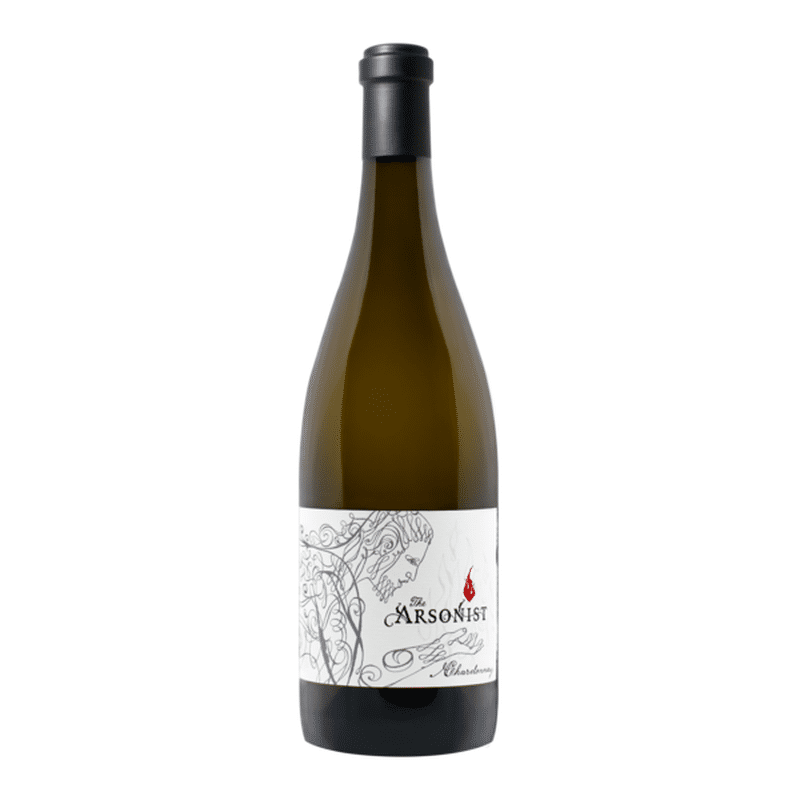

The Giguieres also own sister company JK Vineyards and farm more than 2,100 acres, incluĭing 300 acres of olives for olive oil production. Cederquist summarized, “Yes, we do Chardonnay, and we do a lot of it, but we’re also trying new things.” Verdejo, a Spanish white wine variety, will be produced in the future. Cederquist sees more potential for Spanish varieties in the region. Other varieties recently planted with newer clones and being managed for higher quality are Petit Verdot, Malbec and Tannat. He said the original 73-acre Matchbook Vineyard, planted in 2002, has produced a very good Tempranillo from a Duero clone, but he has high hopes for the Tinto de Toro and Rioja clones and their potential to add “more backbone” to the wine. “We feel this area is perfectly suited for Tempranillo,” Cederquist said.

Additional acreage has been planted each year, and new vineyards were planted in 2014 near the new tasting room with a new Rioja clone of Tempranillo. The first crop of several varieties from the 2012 planting was picked in 2014-including Chardonnay and a Tempranillo clone of Tinto de Toro. This block includes Petite Sirah, Petit Verdot, Cabernet Sauvignon, Tempranillo and Tannat. The new planting included 110 acres with a non-traditional “hanging curtain” trellis system designed to produce a larger number of smaller, looser clusters for red grape varieties to enhance grape and wine quality and to reduce vineyard production costs with the ability to be mechanically harvested and pruned. In 2012, Crew purchased 2,150 acres adjacent to the winery and developed 500 acres of vineyards under the direction of co-owner and vineyard manager Karl Giguiere. Now, with a second opportunity, Lane Giguiere explained, “This time around, we have the knowledge and experience to really home in on increasing the quality of what we’re growing and producing here.” The Giguieres have employed better techniques to get the ground ready for planting, such as soil ripping in three directions, adding the right soil amendments and planting the grape varieties and clones best suited to the area. Phillips, they were learning about grapegrowing and winemaking on the job, and they proved the Dunnigan Hills could support quality, value-priced wines. The Arsonist Red Blend is all from purchased fruit,” Lane Giguiere rold Wines & Vines. “The Arsonist Chardonnay is 98% Chardonnay from our vineyard, 2% from fruit we sourced from the Russian River Valley. to promote its more recognizable flagship wine.Ĭrew’s brands and primary varietals are: Matchbook-Chardonnay, Tempranillo and Syrah from estate vineyards Sawbuck-Chardonnay, Cabernet Sauvignon and Malbec from Yolo and Mendocino County grapes Mossback-Russian River Valley Pinot Noir and Chardonnay, and Chalk Hill Cabernet Sauvignon and Chasing Venus-Sauvignon Blanc from New Zealand and the Russian River Valley. is the corporate entity, but the company has transitioned to publicly branding itself as Matchbook Wine Co. Ground was broken for the estate winery in 2008, not far from the original R.H. in 2005, initially using a custom-crush facility for wine production. Vincor later became part of Constellation Wines. Phillips grew to annual production of 750,000 cases prior to its sale to Vincor International of Canada in 2000.

Phillips Vineyards and Winery, which later introduced the hugely successful Toasted Head brand. In 1983, brothers Karl and John Giguiere and John’s wife, Lane, started R.H. The Giguiere family pioneered wine grapegrowing in what is now the Dunnigan Hills American Viticultural Area, beginning in 1981. A 5,000-square-foot barrel building built in 2013 had reached capacity by September, and plans call for construction of a 20,000-square-foot barrel storage facility with lab and winery staff offices in 2015. Five new stainless steel tanks, fabricated and installed by Westec of Healdsburg, Calif., added 100,000 gallons of processing capacity leading up to the 2014 crush, and a new Diemme AR 150 press was installed. Our tasting room is long overdue.”Ĭederquist told Wines & Vines that Crew’s 2015 crush is expected to total 2,500 tons of grapes (up from 1,800 tons in 2014) as new vineyards come online. Partner and winemaker Dan Cederquist said, “We’re one of the fastest growing young wine brands in the country, and we keep adding facility capacity each year.


 0 kommentar(er)
0 kommentar(er)
